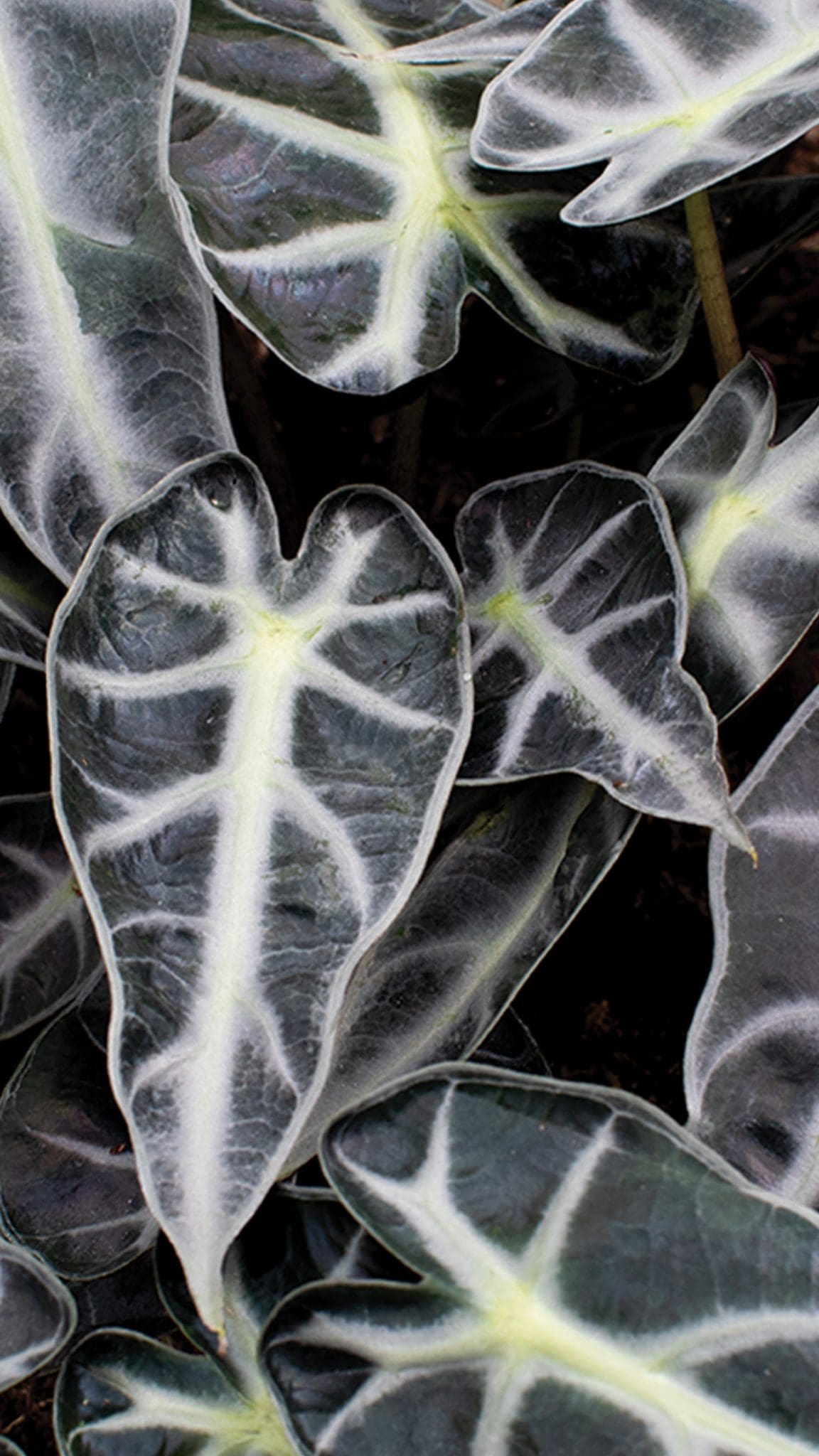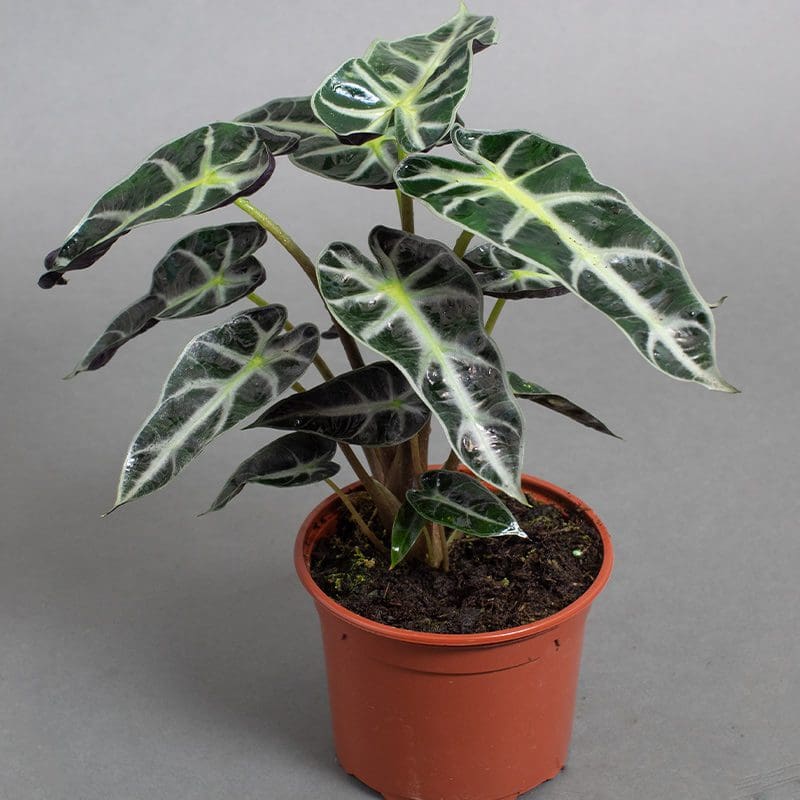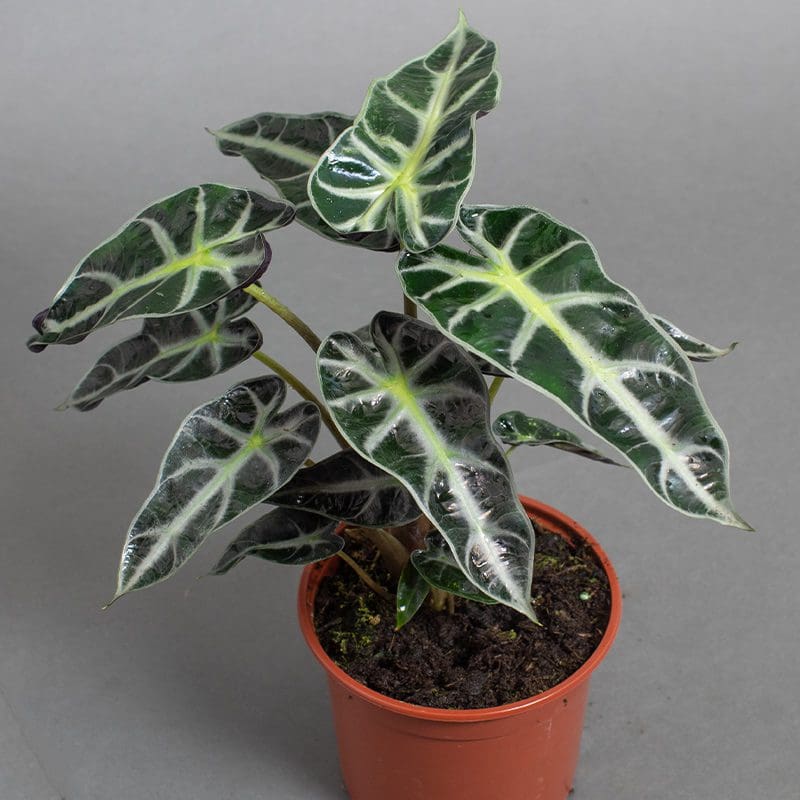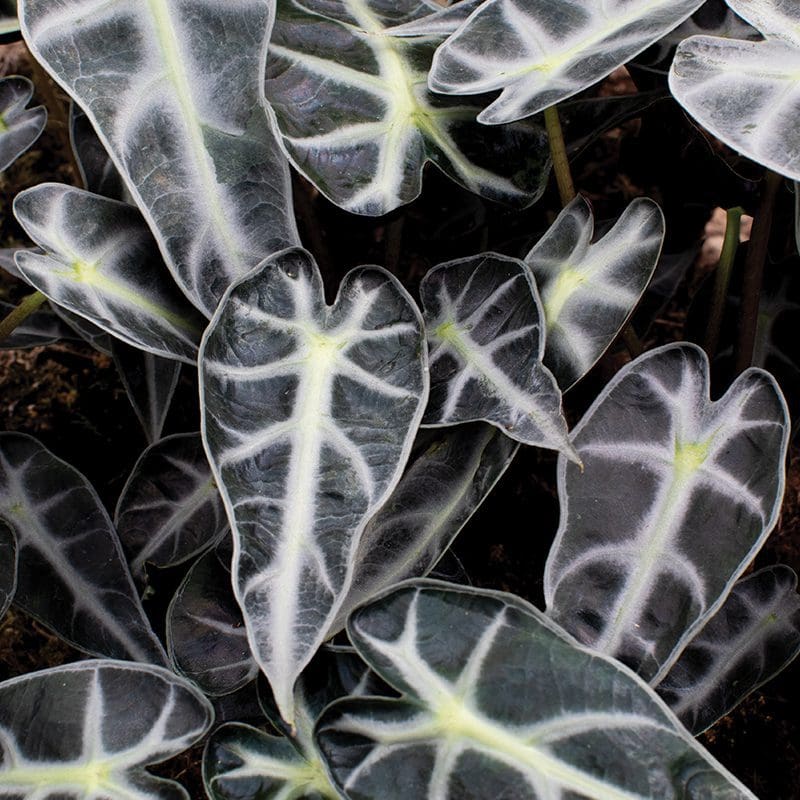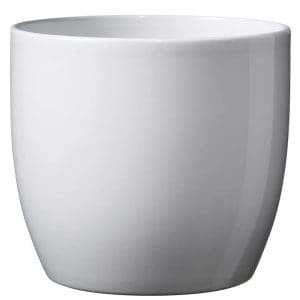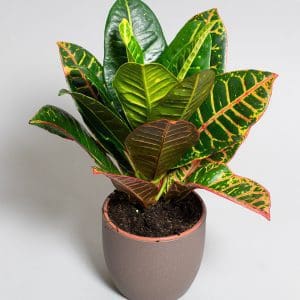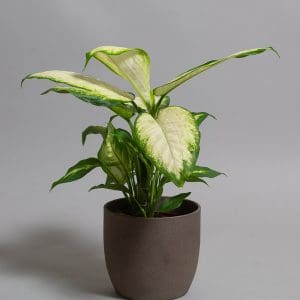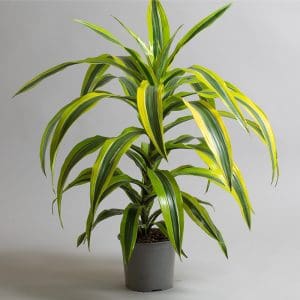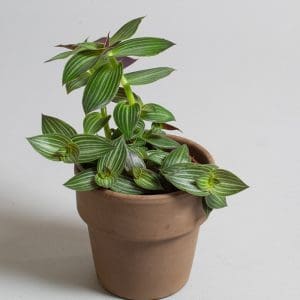No products in your basket yet
Alocasia Bambino 13cm
£12.99
Out of stock
The beautiful foliage of the Alocasia genus can act as a centrepiece in your home! These plants have large rhizomes or tubers that develop giant heart-shaped or arrow-shaped ears, giving it its name ‘elephant ears’. It produces leaves which are twice the size of the previous. They appreciate some direct sunlight ideally morning or late evening. Some varieties are happy in the shade however brighter indirect light is best.
Size
Position
Humidity
Watering
Temperature
Toxicity
Description
Alocasia is commonly known as either African mask or elephant ear. They are native to Southeast Asia, and prefer to grow in subtropical areas.
Interestingly, alocasia plants are bulb-growing plants, therefore even if they lose all their leaves, the energy they have stored in their bulbs will, if given the correct circumstances, allow them to produce new leaves.
In the wild they are found growing on forest floors, and can have leaves as long as 30cm in length. Because of this they make great architectural plants, and can help add an abstract design to any indoor space.
Alocasia are not for the beginner plant parents. They really are attention seekers and require all growing conditions to be perfect. But even though they are not the easiest to look after, they are still worth purchasing if you can provide what they need.
The ideal temperature for your Alocasia is between 15 and 25 °C. For greater success with this plant try placing it on a pebble tray with water in the bottom. This will help create a humid micro climate around the plant, supporting healthy growth. Try not to let the compost become too wet for long periods of time. Alocasias prefer to be grown on the dry side. Allow the top 5 centimetres of compost to dry out before re-watering.
Also to help assist healthy growth keep the plant out of direct sources of sunlight in the middle of the day, and away from dry sources of air like radiators and heaters etc.
Guidance: Humans/pets Toxic if eaten; skin and eye irritant.
Botanical Name
Common Name(s)
